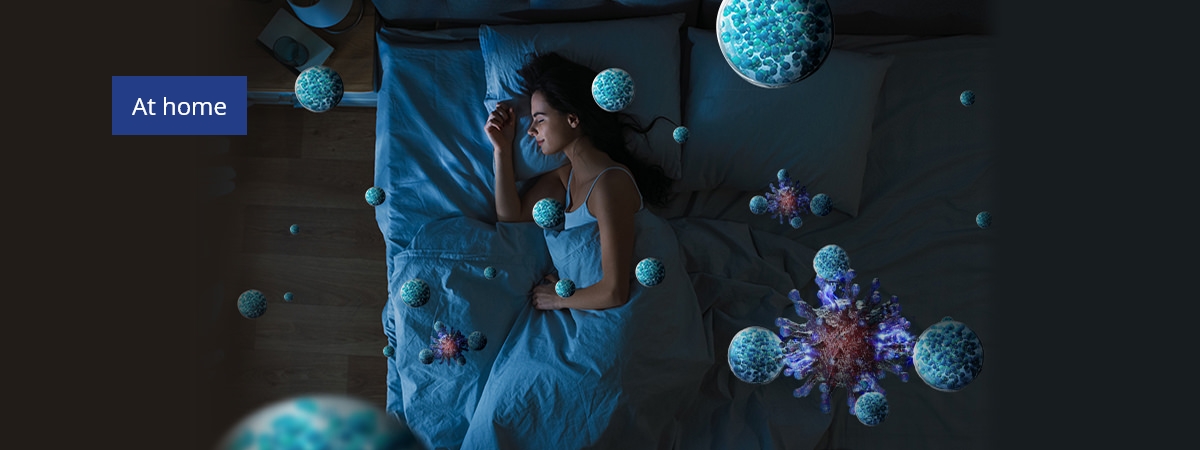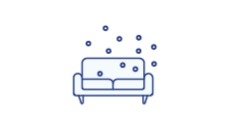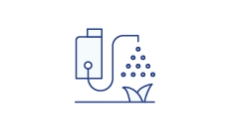Get to your comfortable place
You want to go to bed at night knowing you’ve done everything you can to clear the air. nanoe™ X improves the quality of your indoor air 24/7, inhibiting certain airborne bacteria1-3 and viruses4-6 so you can rest easy.
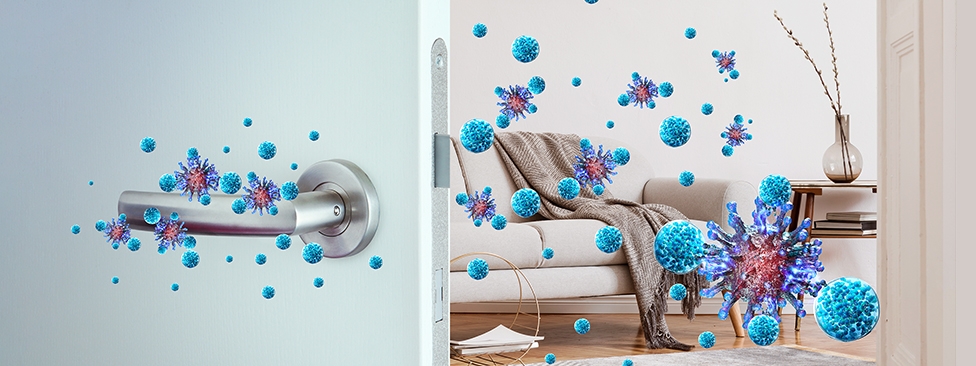
nanoe™ X effects on certain airborne and adhered viruses.
It is effective not only against airborne viruses, but also viruses attached to things you often touch, such as doorknobs, remote controls, and even the fabric of sofas and carpets.
Effects on certain bacteria & viruses
Airborne bacteria
Staphylococcus aureus1

Airborne viruses
bacteriophageΦχ1744
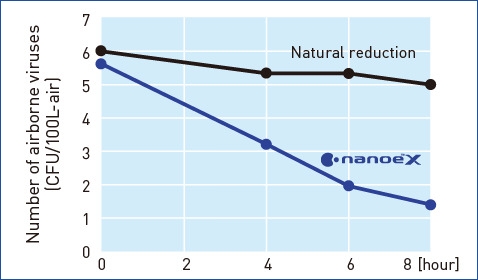
Adhered bacteria
O1572
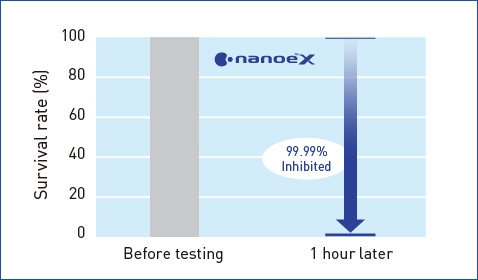
Adhered viruses
Influenza virus H1N1 subtype5

MRSA3
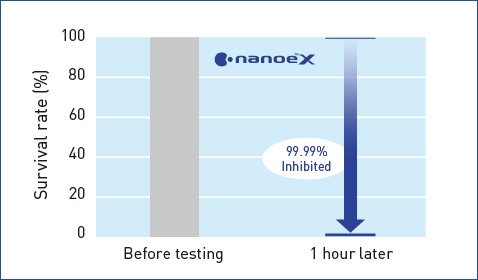
Poliovirus type1 (Lsc-2ab)6
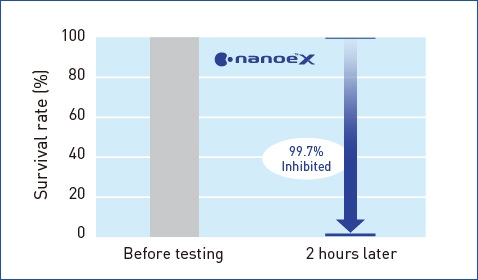
How nanoe™ X works
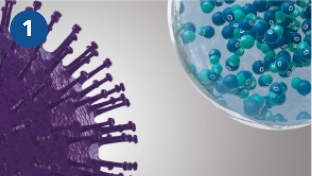
nanoe™ X reaches virus.
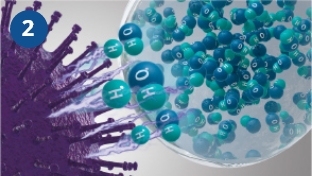
Hydroxyl radicals denature virus proteins.
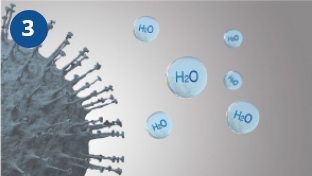
Virus activity is inhibited.1–6
The effects of nanoe™ X products can only be expected in the room where the product is placed, and vary depending on room size, environment and usage. It may take several hours for nanoe™ X to reach its full effect. nanoe™ X products are not medical devices. Local building design and sanitation regulations must be respected.
1Airborne bacteria (Staphylococcus aureus). Testing organisation: Kitasato Research Center for Environmental Science. Testing method: The number of bacteria was measured after direct exposure in an approximately 25 m3-sized airtight test chamber. Inhibition method: nanoe™ released. Target substance: Airborne bacteria. Test result: Inhibited by at least 99.7% in 4 hours. (24_0301_1)
2Adhered bacteria (O157). Testing organisation: Japan Food Research Laboratories. Testing method: Measured the number of bacteria adhered to a cloth in an approximately 45 L-sized airtight test chamber. Inhibition method: nanoe™ released. Target substance: Adhered bacteria. Test result: Inhibited by at least 99.99% in 1 hour. (208120880_001)
3Adhered bacteria (MRSA). Testing organisation: Japan Food Research Laboratories. Testing method: Measured the number of bacteria adhered to a cloth in an approximately 45-L-sized airtight test chamber. Inhibition method: nanoe™ released. Target substance: Adhered bacteria. Test result: Inhibited by at least 99.99% in 1 hour. (208120880_002)
4Airborne viruses (bacteriophageΦχ174). Testing organisation: Kitasato Research Center for Environmental Science. Testing method: The number of viruses was measured after direct exposure in an approximately 25 m3-sized airtight test chamber. Inhibition method: nanoe™ released. Target substance: Airborne viruses. Test result: Inhibited by at least 99.7% in 6 hours. (24_0300_1)
5Adhered virus (Influenza virus H1N1 subtype). Testing organisation: Kitasato Research Center for Environmental Science. Testing method: Measured the number of viruses adhered to a cloth in an approximately 1 m3-sized airtight test chamber. Inhibition method: nanoe™ released. Target substance: Adhered viruses. Test result: Inhibited by at least 99.9% in 2 hours. (21_0084_1)
6Adhered viruses (Poliovirus type1(Lsc-2ab)). Testing organisation: Kitasato Research Center for Environmental Science. Testing method: Measured the number of viruses adhered to a cloth in an approximately 45 L-sized airtight test chamber. Inhibition method: nanoe™ released. Target substance: Adhered viruses. Test result: Inhibited by at least 99.7% in 2 hours. (22_0096)
Results may vary based on usage and seasonal and environmental variables (temperature and humidity). nanoe™ X and nanoe™ inhibit activity or growth of pollutants, but do not prevent illness.
